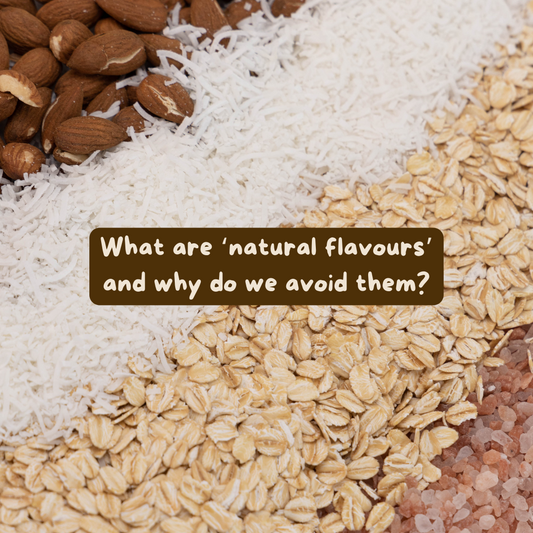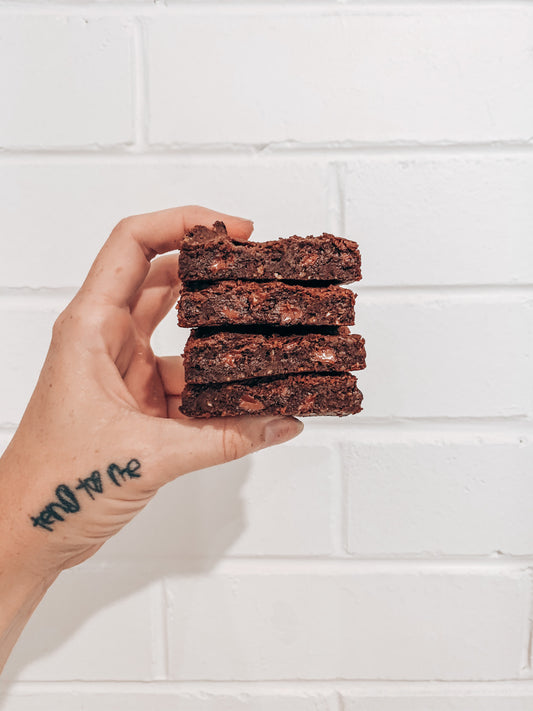While "natural" might seem like the obvious choice, are they truly better for us?
We're all aware that artificial flavours are whipped up from non-food sources, but when it comes to "natural flavours," things get a bit fuzzy. Take, for instance, McDonald’s claiming their "natural beef flavour" is sourced from wheat and milk. Makes you scratch your head, doesn't it?
Nowadays, natural flavours are everywhere, ranking as the fourth most common ingredient in processed foods, according to the Environmental Working Group (EWG), right behind salt, water, and sugar.
So why do manufacturers sprinkle natural flavours into everything? Well, it's a cost-effective way to prolong shelf life and, let's be real, slapping "natural flavours" on a label just sounds healthier, doesn't it? But here's the kicker: the term "natural" isn't regulated and lacks a formal legal definition. In other words, it's basically another sneaky marketing tactic—cue the eye-roll.
But here's the real tea: natural flavours may kick off from something natural, but they undergo a whole lotta processing and tweaking, leaving them miles away from their roots. They're still born in a lab, just like their artificial siblings, and can contain a laundry list of ingredients and chemicals, from solvents to emulsifiers to preservatives—all classified as "incidental additives" and conveniently left off the label. Sneaky, right?
That's why we've made a bold move: you won't catch a whiff of "natural flavours" in our snacks. Nope, we're all about keeping it real with whole-food ingredients, because who needs mystery ingredients when you can taste the real deal? Here's to snacking smarter and savoring every bite! 🥜🌱



